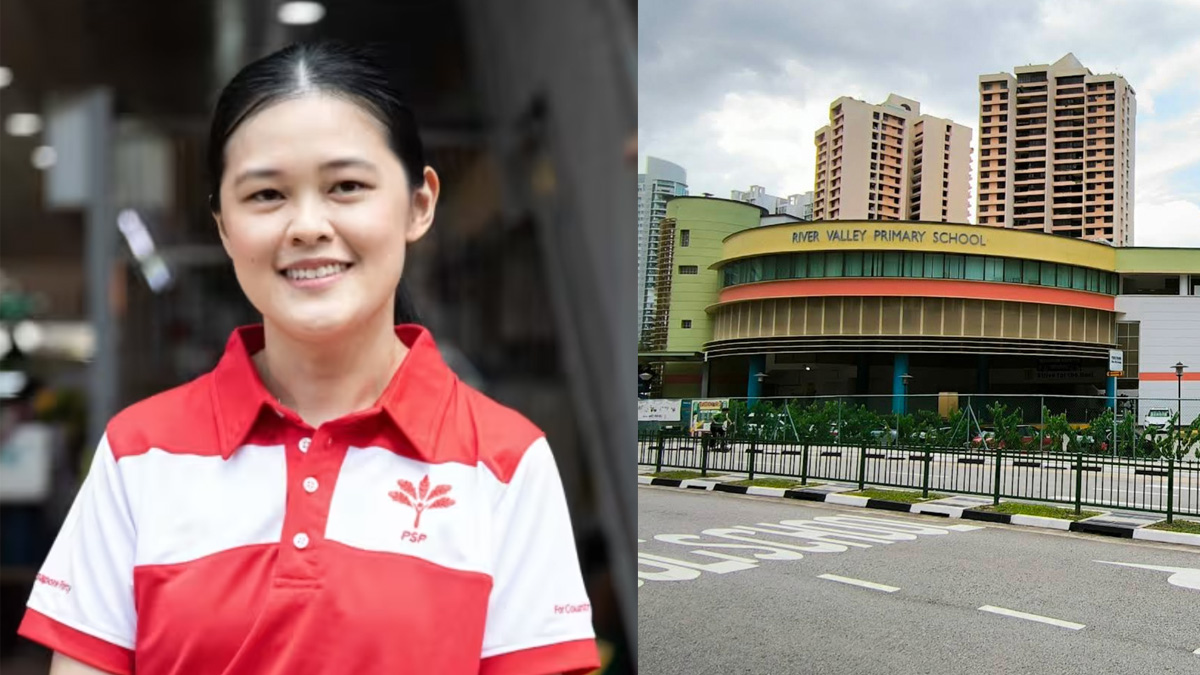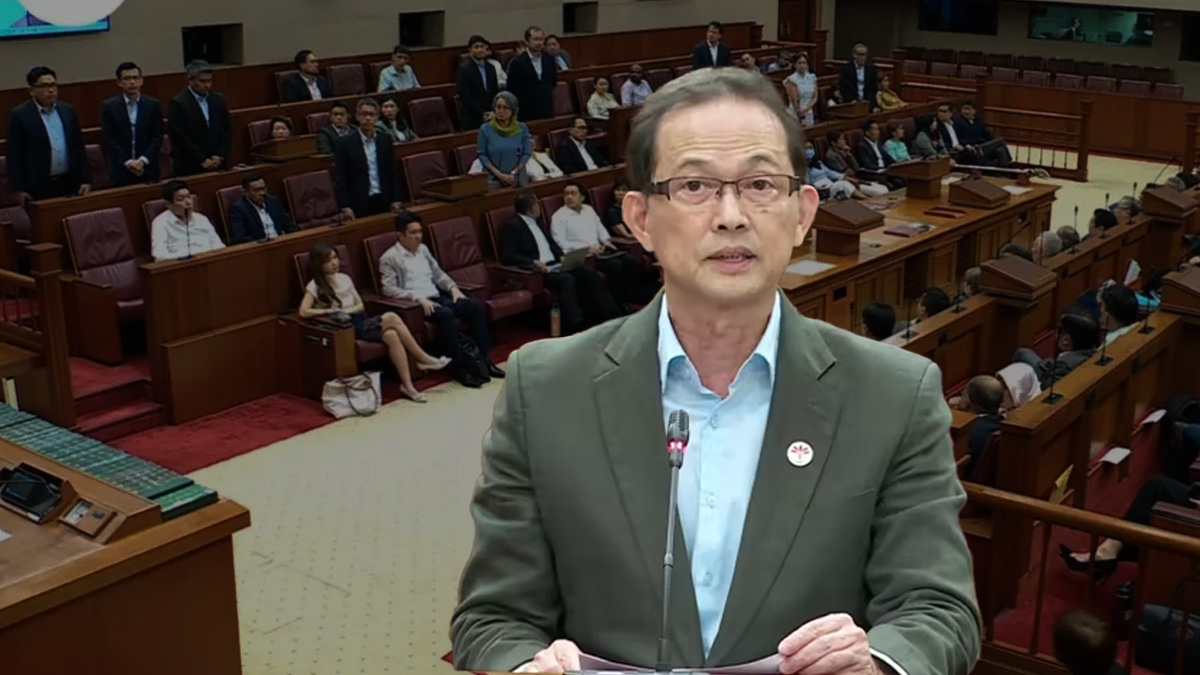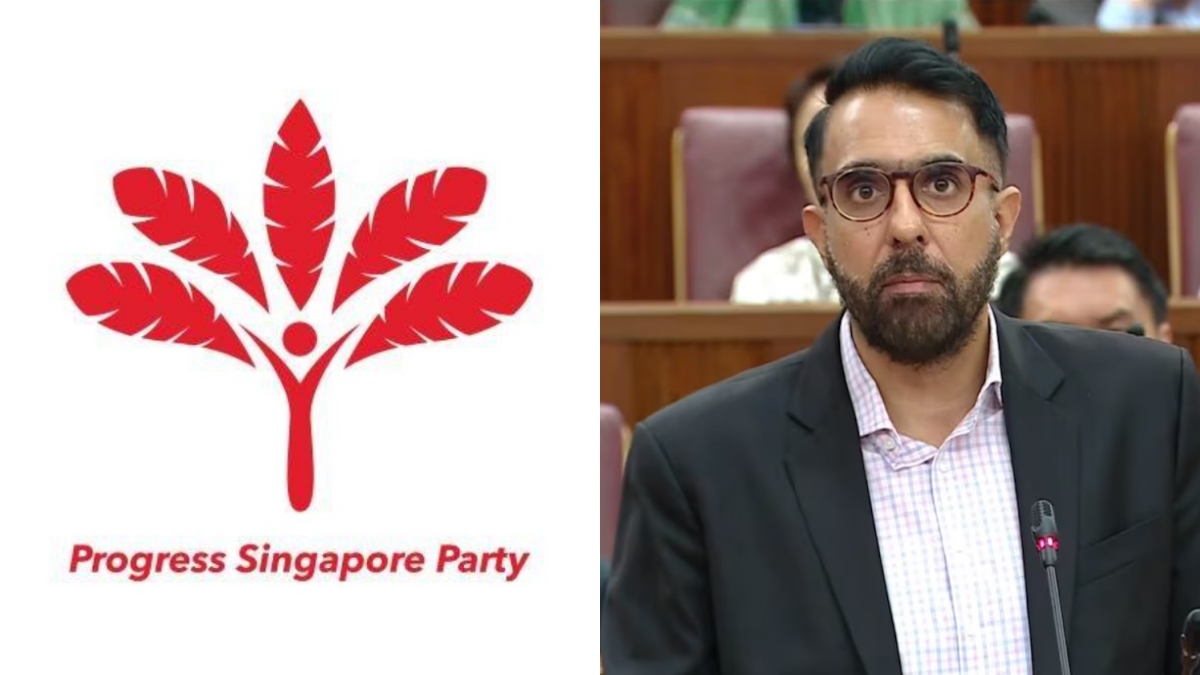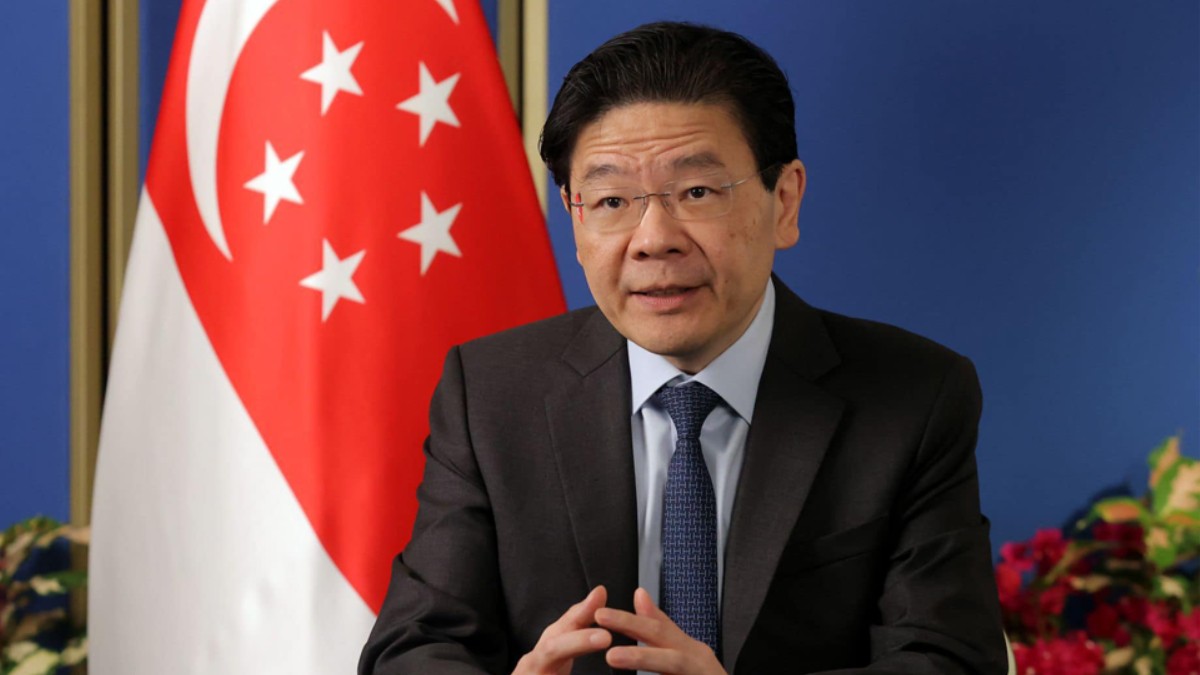PSP urges PAP to confront real Singaporean issues through open debate, not simplistic racial labels
The Progress Singapore Party (PSP) has called on the People’s Action Party (PAP) to engage in open and honest debate on the real issues facing Singaporeans. Responding to remarks by Prime Minister Lawrence Wong, the PSP said reducing policy discussions to simplistic labels like “racism” does a disservice to the public.
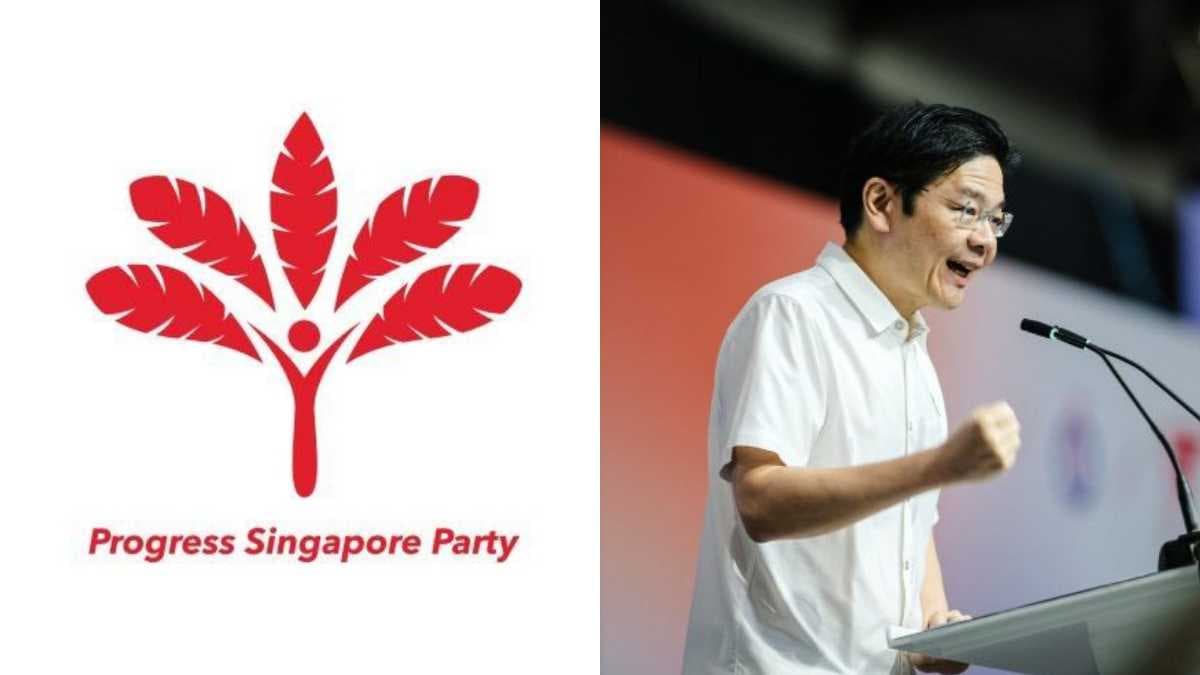
- The Progress Singapore Party (PSP) urged the People’s Action Party (PAP) to address real issues through open debate.
- Prime Minister Lawrence Wong cautioned against divisive “identity politics” and the spread of misinformation.
- PSP responded that focusing on issues like cost of living and housing better serves Singaporeans.
The Progress Singapore Party (PSP) issued a statement on 10 November 2025 urging the People’s Action Party (PAP) to address Singaporeans’ real concerns through open debate rather than reducing disagreements to “simplistic labels” such as racism.
The statement was issued in response to recent comments made by Prime Minister Lawrence Wong during the PAP’s annual convention on 9 November, where he warned against misinformation and divisive rhetoric in politics.
Emphasis on responsible and open politics
The PSP said it agreed with Wong’s call for responsible politics but stressed that there is a “fine but clear line” between constructive criticism and entering the realm of “racial or identity politics.”
According to the PSP, the party remains focused on the “real issues affecting Singaporeans,” including rising living costs, housing affordability, and foreign manpower policies.
The statement added that the PAP “must address these hard questions raised by Singaporeans through open debate,” warning that dismissing legitimate concerns as racial or divisive “does no justice to Singaporeans.”
Reference to unresolved matters and transparency
The PSP cited Wong’s own caution about “distortion” and “half-truths” eroding public trust, noting that transparency was key to maintaining that trust.
It expressed disappointment that a full report on the Police investigations into the Bukit Gombak harassment incident in January 2025 had not been released.
“Like PM Wong and the PAP, we too have a deep sense of duty and responsibility — but ours is to speak up for Singaporeans with honesty and courage,” the PSP said, adding that it would continue to do so “whether inside or outside Parliament.”
Wong warns against erosion of trust and social division
On 9 November 2025, Lawrence Wong, PAP’s secretary-general, told delegates at the party’s annual convention that the PAP must “speak up when political lines are crossed” or risk allowing Singapore’s discourse to become “toxic”.
He cautioned that in many countries, politics had “taken a darker turn”, beginning with “a distortion here, a half-truth there, a little bit of a lie” that gradually eroded trust and fractured societies.
While each instance of misinformation or populism may seem minor, Wong warned that repeated distortions for political gain or the use of race and religion to build support could normalise divisive behaviour.
“Each time this happens, if no one calls it out, it becomes less shocking, more normalised, and eventually, politics turns toxic and society gets divided,” Wong said.
He added that the PAP would continue to call out such behaviour despite criticism that it was “nitpicking or overbearing”.
‘Keeping quiet carries a greater cost,’ says Wong
According to Wong, silence in the face of harmful rhetoric would “push boundaries back a little” each time, worsening the tone of political discourse. “If we cared only about short-term political expediency, it would be easier to stay silent,” he said.
“Speaking up carries some political cost to us, but keeping quiet carries a greater cost to our country, our values, and Singapore’s future.”
Wong did not cite specific examples of political lines being crossed.
Responses from ministers and the opposition
On 8 November, Law Minister Edwin Tong criticised remarks by Leader of the Opposition Pritam Singh regarding his ongoing court case, describing them as “outrageous, plainly wrong and completely unacceptable.”
Singh had commented on CNA’s The Assembly that “the court of public opinion can be bigger than any court in the world,” referring to his conviction for lying to a parliamentary committee and the impact the case had on the Workers’ Party’s performance in the 2025 General Election.
On 14 October 2025, Coordinating Minister for National Security K Shanmugam also addressed identity politics in Parliament, warning against the use of race and religion to mobilise support during the election period.
Wong said that while calling out such behaviour “carries a political cost”, the PAP must “stand firm” and do so “not out of partisanship, but out of duty and responsibility.”
He added that maintaining political integrity required “the best people — both in competence and character — to see it through.”
Pritam Singh responds to criticism from Edwin Tong
Separately, In a Facebook post on 8 November, Pritam Singh responded to Tong’s criticism.
He noted that the judgment in his magistrate’s appeal had been delivered in February 2025, two months before the general election was called in April.
Singh wrote that the Workers’ Party had “performed respectably” in the polls despite the possible influence of his conviction on voter sentiment.
His remarks about the “court of public opinion”, he said, were not directed at the judiciary but reflected on how political narratives shape perception during elections.
"My case is currently under appeal with judgment reserved," he wrote.


